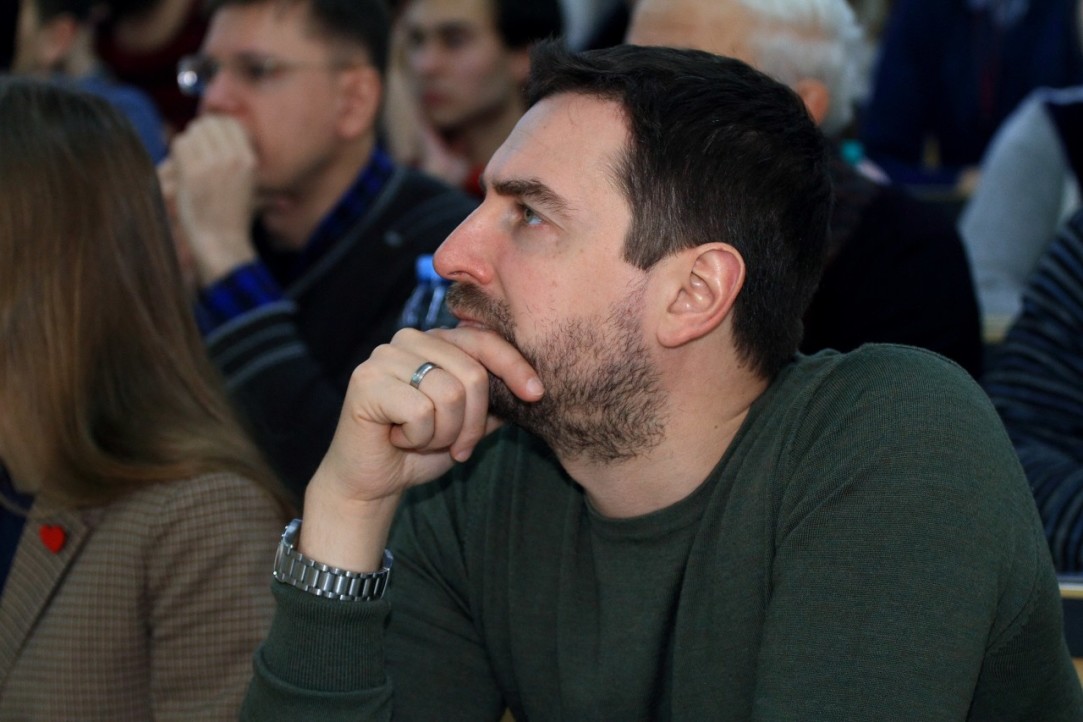
Paper of Alexander Tarasov in Economic Theory
Congratulations to Alexander Tarasov, Head and Associate Professor of the Department of Theoretical Economics, on the publication of his paper "Optimal income taxation under monopolistic competition " in Economic Theory.
Ion Frecautan presented his research at the World Finance Conference, in Norway at the University of Agder
Ion Frecautan, 3rd year PhD student with School of Finance participated at the World finance Conference hosted by the University of Adger in Kristiansand, Norway from August 2-4. He had the privilege to the share the results of the paper called “Is Corporate governance important for green bonds in the emerging capital markets?” coauthored with professor Irina Ivashkovskaya.
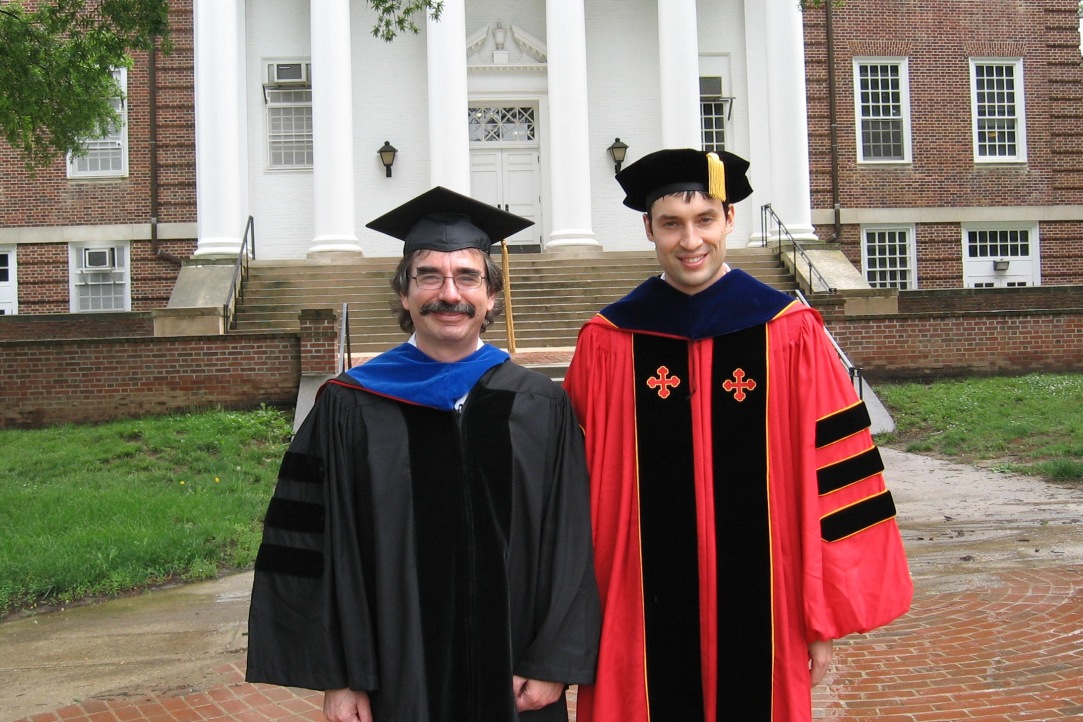
‘Thinking Up Auctions Is Extremely Interesting’
Oleg Baranov is a graduate of Moscow State University, the New Economic School, and the University of Maryland. He also lectured and ran a popular course on market design at the University of Colorado. He recently passed review for a tenured position at HSE University, and served as the Head of the International Recruiting Committee at the Faculty of Economic Sciences in the 2022–2023 academic year. He will also begin teaching the course ‘Microeconomics 2’ on the HSE and NES Joint Programme in Economics in September 2023. In his interview, Oleg talks about auctions, studying for a PhD, and international recruiting.
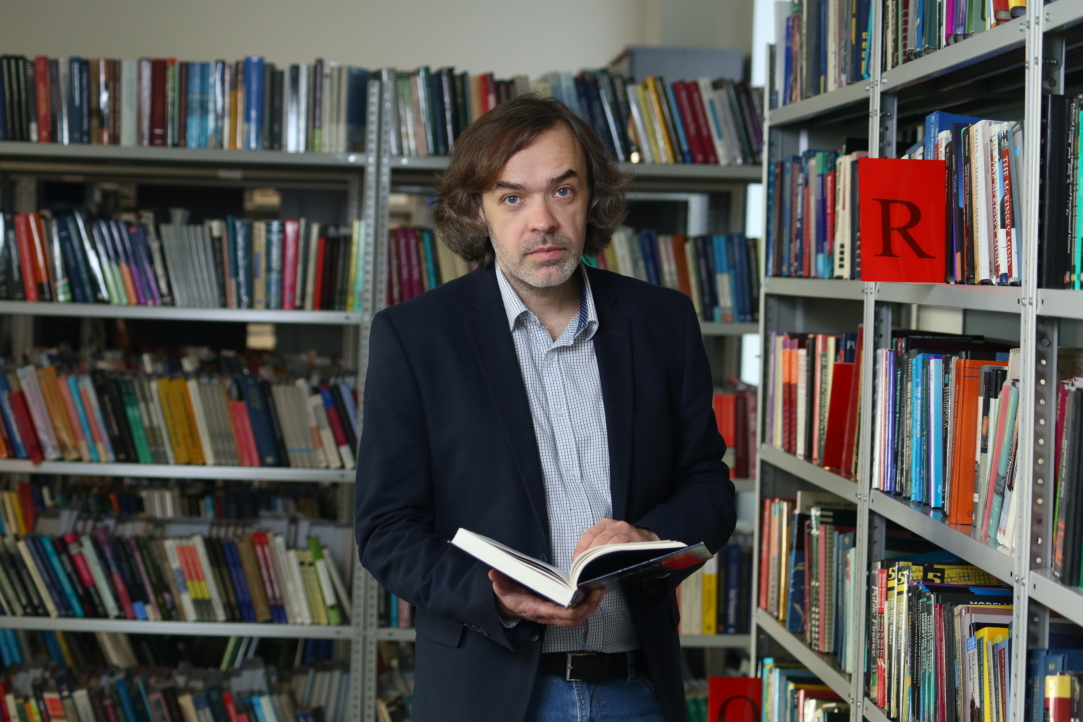
‘I Don't Even Know What I Like More: Running or Working’
Sergey Stepanov is an Associate Professor at ICEF and the School of Finance. He is also the Academic Supervisor of the HSE/NES Programme in Economics, a joint programme that teaches students fundamental knowledge of economics, modern methods of economic analysis, and mathematical methods for solving economic tasks. Sergey spoke to Olga Krylova about the joint programme, his research work with colleagues and students, and his second big passion—running.
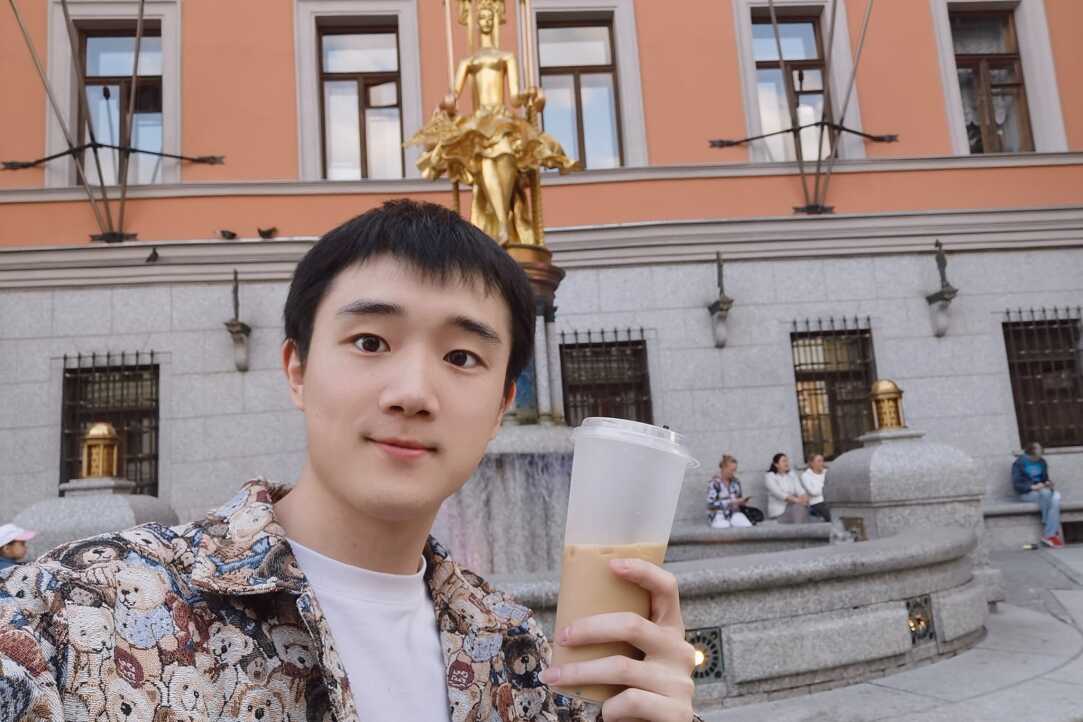
‘At HSE University, We Receive Substantial Support for Our Research’
Wenrui Zhang, from China, is a recent graduate of theMaster’s in Economics and Economic Policy at the HSE UniversityFaculty of Economic Sciences. Having successfully defended his master’s thesis on the impact of COVID-19 on the incomes of vulnerable groups, Wenrui has set his sights on publishing his research and enrolling in adoctoral programme at the university. The HSE News Service interviewed Wenrui about his achievements so far and his goals for the future, and also spoke to Prof.Elena Kotyrlo, his academic supervisor.

Results of HSE University’s Mirror Laboratories Contest Announced
This year, HSE University held the Mirror Laboratories project contest for the fourth time. A total of 19 applications were submitted to the contest from 16 HSE University research departments partnered with 16 organisations from 14 Russian regions. Following the contest results, 10 research projects received support.
.jpg)
Congratulations to Oleg Baranov with his tenure!
Faculty of Economic Sciences and Department of Theoretical Economics is very pleased to congratulate Oleg Baranov with getting tenured position at the HSE!
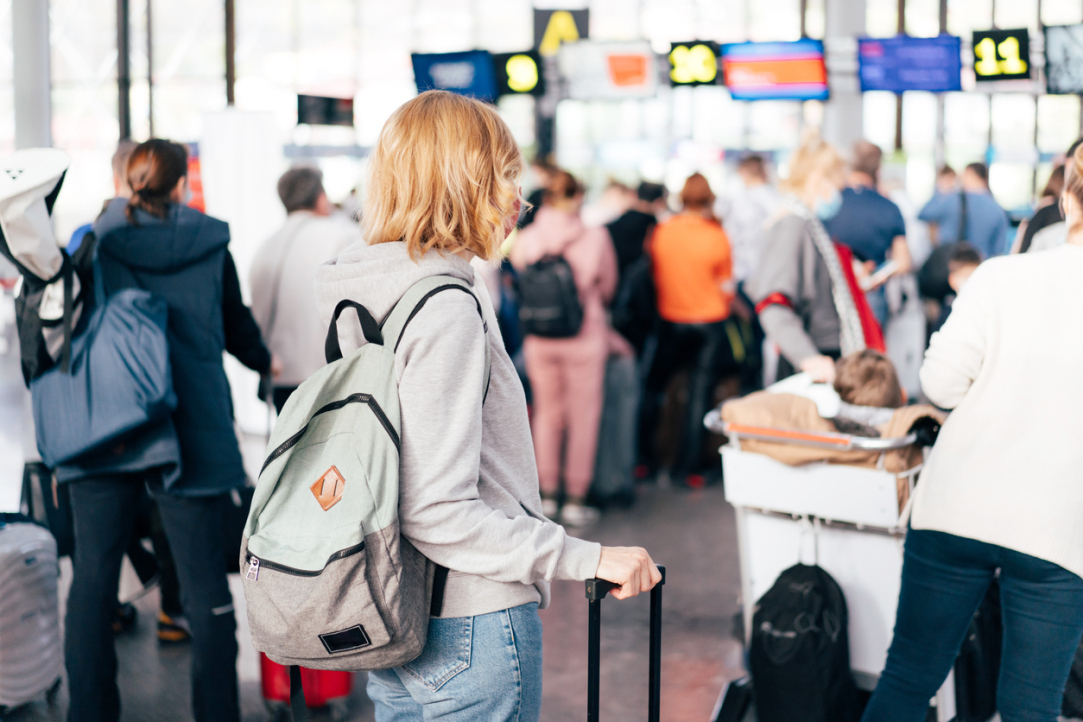
Search Query: How to Study Migration with Google Trends
Experts have calculated that the number of international students in Russia has grown six times over the last decade, and researchers say that many of those who are studying today would like to stay in the country. This, alongside issues such as why Google Trends are worth looking into, were covered at the HSE XXIV Yasin International Academic Conference on Economic and Social Development section on demography and labour markets.
‘If We Aren’t Immersed in Research from a Young Age, It Is Harder to Catch Up’
On February 1, the HSE Cultural Centre hosted an award ceremony for the winners and laureates of the 2022 Student Research Paper Competition. Participants included students and graduates of HSE University and other universities. The ceremony closed with a ‘Science Battles’ event.
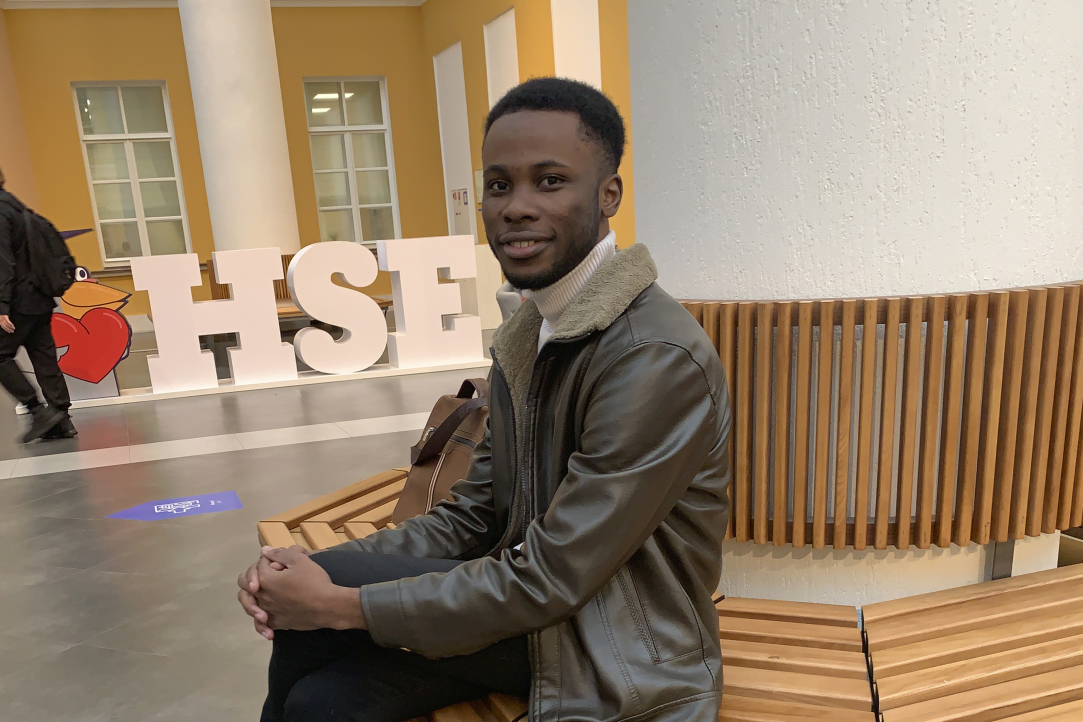
Research that Will Help Fight Corruption
Emmanuel Adu Sarfo, 23, from Ghana, is a second-year master's student on the HSE Economics and Economic Policy programme. He is carrying out research on the ancient roots of corruption that influence its prevalence in different countries. Emmanuel talked to the HSE News Service about his studies and research at HSE University in Moscow.
